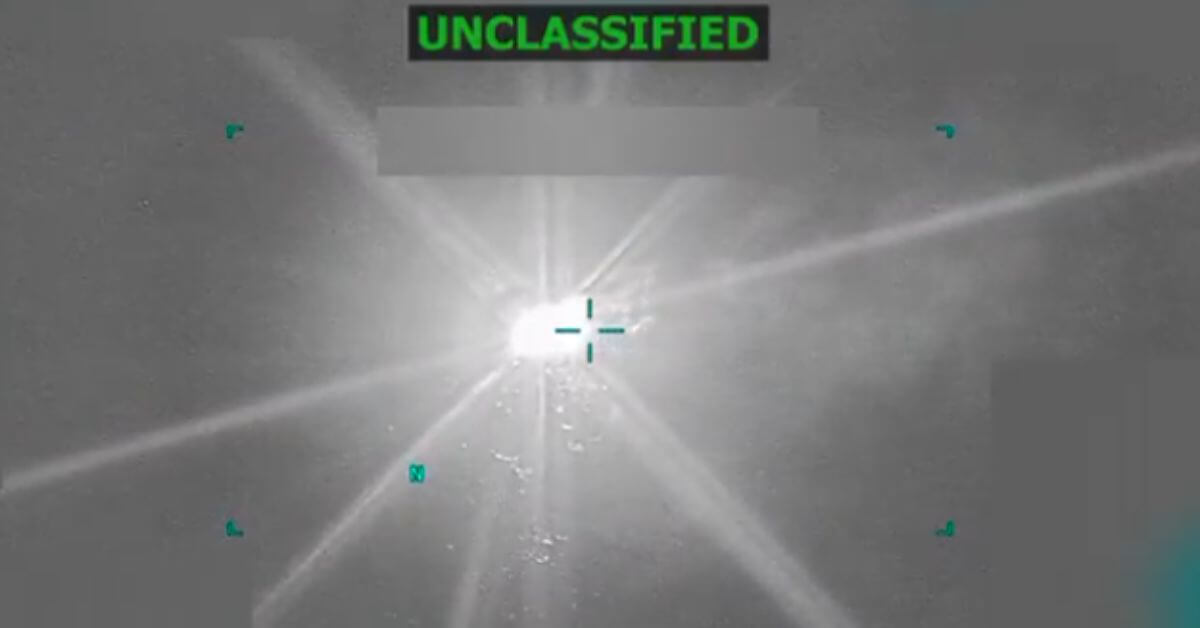
Cargo Ship Refloated After Running Aground Near Svinesund Bridge
October 17, 2025
UAE’s Humanitarian Aid Ship Sails To Gaza With 7200 Tonnes of Relief Supplies
October 18, 2025

The U.S. military carried out another strike on a suspected drug vessel in the Caribbean on Thursday, with reports from a U.S. official, who spoke to Reuters on condition of anonymity, indicating for the first time that some crew members survived.
The details of the incident remain limited, and it is unclear whether the U.S. military provided aid to the survivors or if they are now in U.S. custody.
Prior strikes against suspected drug boats off Venezuela have killed at least 27 people, with no prior instances of survivors reported. These operations have raised concerns among legal experts and some Democratic lawmakers about compliance with international laws of war.
The Trump administration maintains that its actions are justified as part of an ongoing fight against narcoterrorist groups operating from Venezuela.
The strike comes as the U.S. has increased its military presence in the Caribbean, deploying guided missile destroyers, F-35 fighter jets, a nuclear submarine, and about 6,500 troops. This buildup has raised tensions with the Venezuelan government.
https://t.co/AYyPZuUsm9 pic.twitter.com/1gY3vBnvqa
— Pete Hegseth (@PeteHegseth) October 14, 2025
Adding to regional uncertainty, President Donald Trump disclosed on Wednesday that he had authorised the Central Intelligence Agency to carry out covert operations inside Venezuela.
Venezuela has formally protested U.S. actions. In a letter to the United Nations Security Council, the country’s ambassador, Samuel Moncada, urged the UN to declare the strikes off its coast illegal and to issue a statement affirming Venezuela’s sovereignty.
The Pentagon recently announced that counter-narcotics operations in the Caribbean would now be led by a new task force under the II Marine Expeditionary Force, based in North Carolina, rather than the Miami-based Southern Command, which typically oversees U.S. military activity in Latin America. Military analysts found this decision surprising given the high-profile nature of the operations.
Earlier on Thursday, Defense Secretary Pete Hegseth revealed that Admiral Alvin Holsey, head of the Southern Command, will step down at the end of the year, two years earlier than expected.
Senator Jack Reed, the top Democrat on the Senate Armed Services Committee, described Holsey’s early resignation as “troubling,” citing concerns over potential U.S.-Venezuelan confrontation and the administration’s approach to military planning.
Reference: Reuters
Source: Maritime Shipping News


